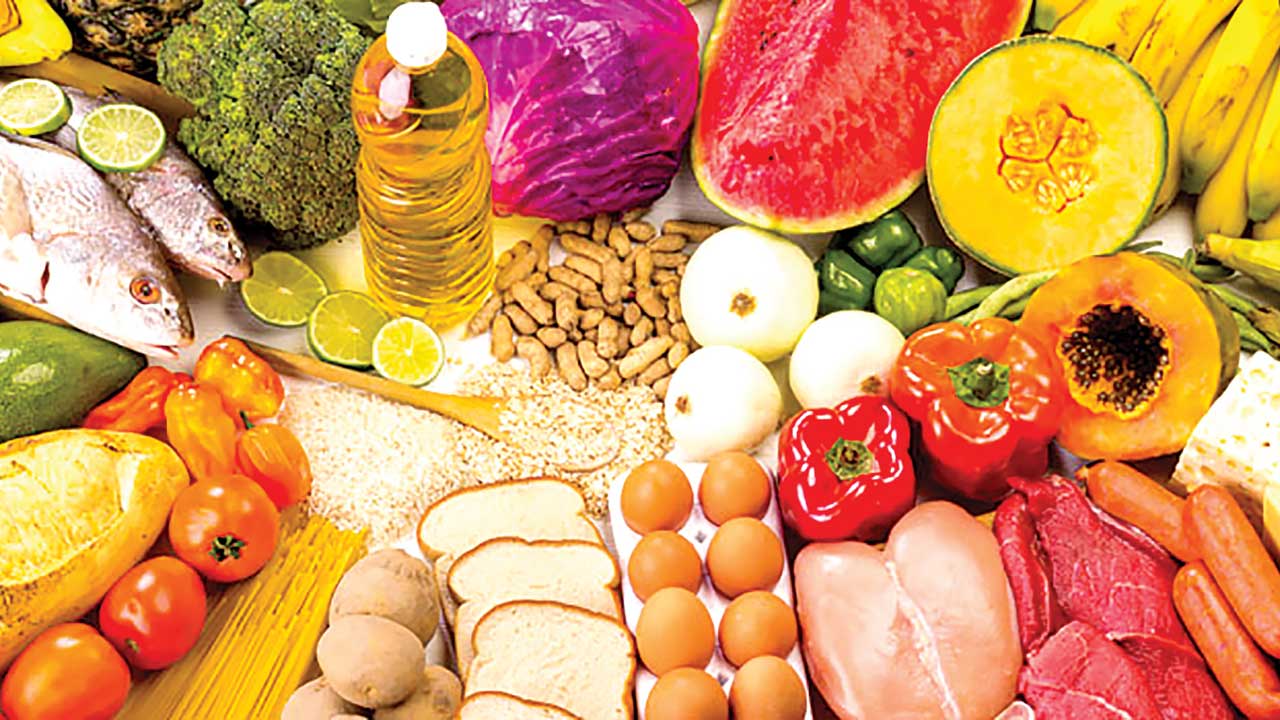KOLKATA: Consuming a healthy diet throughout the life-course helps prevent malnutrition in all its forms as well as a range of noncommunicable diseases (NCDs) and conditions.
However, increased production of processed foods, rapid urbanization and changing lifestyles have led to a shift in dietary patterns. People are now consuming more foods high in energy, fats, free sugars and salt/sodium, and many people do not eat enough fruit, vegetables and other dietary fibre such as whole grains.
The exact make-up of a diversified, balanced and healthy diet will vary depending on individual characteristics (e.g. age, gender, lifestyle and degree of physical activity), cultural context, locally available foods and dietary customs. However, the basic principles of what constitutes a healthy diet remain the same.
For adults a healthy diet includes: Fruit, vegetables, legumes (e.g. lentils and beans), nuts and whole grains (e.g. unprocessed maize, millet, oats, wheat and brown rice).
At least 400 g (i.e. five portions) of fruit and vegetables per day, excluding potatoes, sweet potatoes, cassava and other starchy roots.
Less than 10 per cent of total energy intake from free sugars, which is equivalent to 50 g (or about 12 level teaspoons) for a person of healthy body weight consuming about 2000 calories per day, but ideally is less than 5 per cent of total energy intake for additional health benefits. Free sugars are all sugars added to foods or drinks by the manufacturer, cook or consumer, as well as sugars naturally present in honey, syrups, fruit juices and fruit juice concentrates.
Less than 30 per cent of total energy intake from fats. Unsaturated fats (found in fish, avocado and nuts, and in sunflower, soybean, canola and olive oils) are preferable to saturated fats (found in fatty meat, butter, palm and coconut oil, cream, cheese, ghee and lard) and trans-fats of all kinds, including both industrially-producedtrans-fats (found in baked and fried foods, and pre-packaged snacks and foods, such as frozen pizza, pies, cookies, biscuits, wafers, and cooking oils and spreads) and ruminant trans-fats (found in meat and dairy foods from ruminant animals, such as cows, sheep, goats and camels). (AGENCIES)
Trending Now
E-Paper


